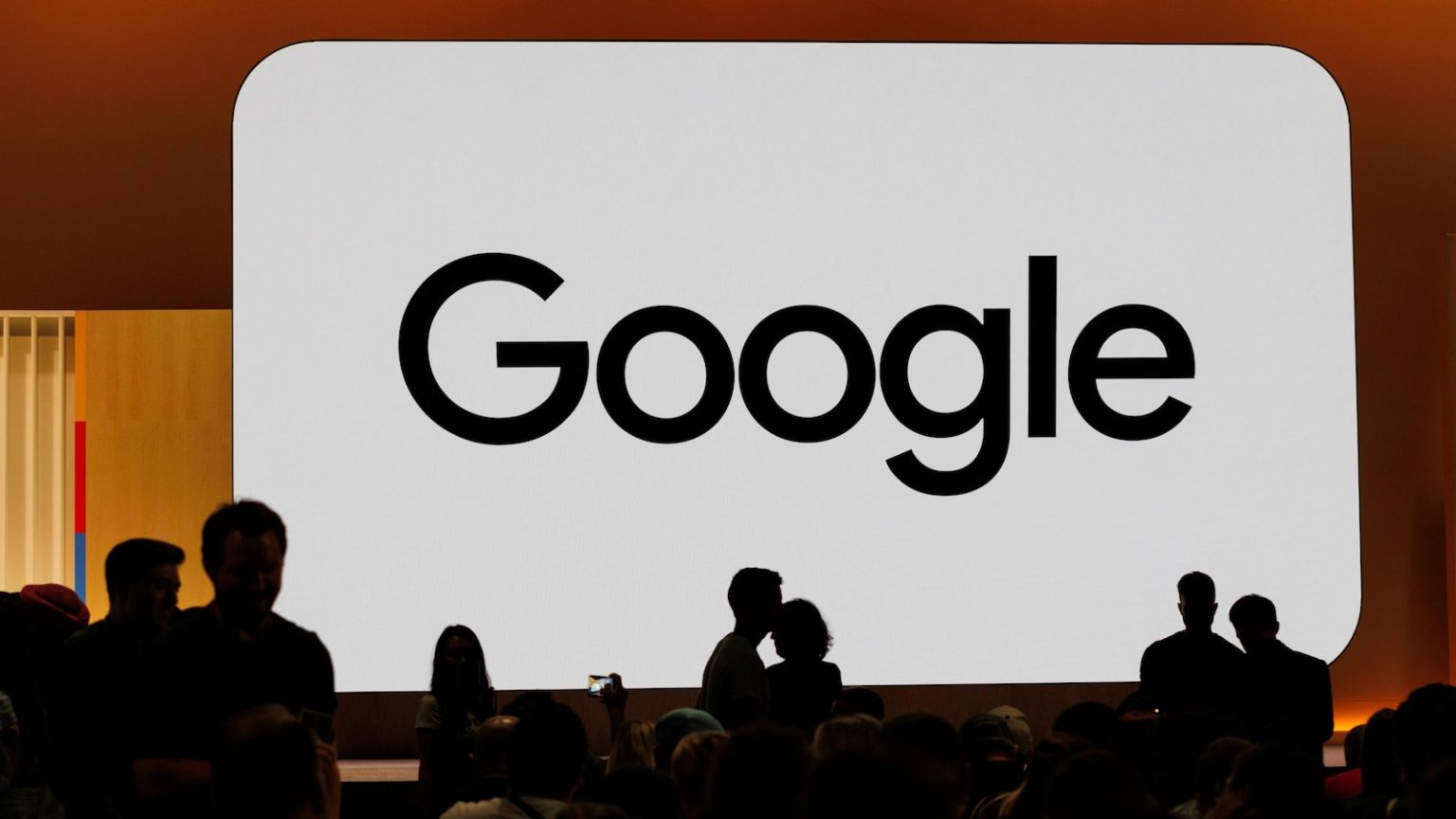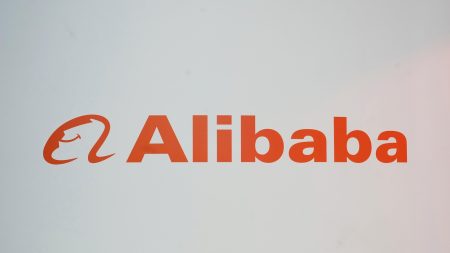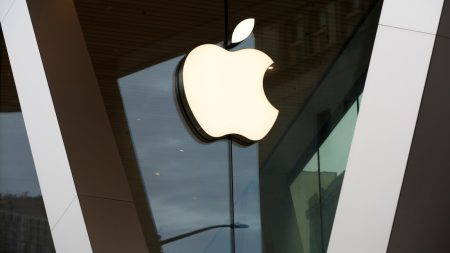Navigating the AI Revolution and Regulatory Storm: Google’s Financial and Strategic Landscape
A Mixed Bag: Google’s Financial Performance
Google’s parent company, Alphabet Inc., released its fourth-quarter financial results, revealing a complex picture of growth and uncertainty. Despite the holiday season’s robust digital ad sales, investor confidence waned as concerns mounted over the profitability of Google’s hefty investments in artificial intelligence (AI). Alphabet reported earnings of $26.5 billion, or $2.15 per share, for the October-December period, marking a 28% increase from the previous year. Revenue climbed 12% to $96.5 billion, surpassing analyst forecasts for earnings but falling slightly short on revenue expectations.
The standout performer remained Google’s search engine, which continued to dominate the digital advertising landscape. Ad sales rose 11% to $72.5 billion, exceeding projections. However, the Google Cloud division, heavily tied to the AI trend, underperformed, with revenue growth falling short of expectations. This disappointment triggered an 8% drop in Alphabet’s stock price, undoing a recent rally that had pushed shares to an all-time high earlier in the day. Analysts pointed to increasing competition, particularly from Microsoft’s partnership with OpenAI, as a key factor unsettling investors.
The AI Gambit: Promise and Peril
Google’s foray into AI is a double-edged sword. On one hand, AI-generated overviews in search results appear to be paying off, enhancing user experience and driving more valuable ad traffic. Jim Yu, CEO of BrightEdge, noted that AI is keeping users engaged within Google’s ecosystem, making advertisers willing to pay more for these highly targeted leads. Thisearly success suggests that Google’s AI efforts are resonating with both users and advertisers.
On the other hand, the massive investments required to stay ahead in the AI race are raising eyebrows. Alphabet plans to increase its capital expenditures from $60 billion in 2023 to $75 billion in 2024, a move some investors are questioning. The emergence of cost-effective AI solutions, such as those developed by Chinese startup DeepSeek, has added to the skepticism. Critics wonder if Google’s spending will yield the expected returns or if cheaper alternatives could disrupt its ambitions.
In a bid to reassure investors, Alphabet CEO Sundar Pichai emphasized the transformative potential of AI during a conference call. He highlighted how AI is driving innovation across Google’s products, accelerating the development and launch of new features. Pichai’s optimism, however, was tempered by the lack of clear answers about how Google plans to differentiate itself in a crowded AI market.
Regulatory Headwinds Intensify
Google’s challenges extend beyond the financial realm. The company is facing escalating regulatory scrutiny, particularly in the U.S., its most lucrative market. A federal judge recently ruled that Google’s search engine operates as an illegal monopoly, a decision that could pave the way for significant consequences. Regulators are now considering measures such as forcing Google to divest its Chrome web browser, a move that could weaken its dominance in the digital ecosystem.
The legal pressures don’t stop there. Google is also grappling with rulings aimed at opening up its Play Store for Android apps, though the decision is currently on hold while the company appeals. Additionally, an antitrust trial in Virginia is scrutinizing the technology underpinning Google’s digital ad network, further threatening its advertising dominance. These regulatory battles create uncertainty for investors, as any adverse rulings could directly impact Google’s revenue streams.
Correcting Course: Strategic Shifts and New Frontiers
Amid the turbulence, Google has signaled a willingness to adapt its strategy. In a notable shift, the company revised its AI principles, removing previous commitments to avoid deploying AI in areas such as weaponry and surveillance. This change, which went unaddressed during the earnings call, suggests that Google may be more open to exploring controversial but potentially lucrative applications of its technology. While this decision could unlock new opportunities, it also risks reigniting ethical debates surrounding AI misuse.
The move reflects Google’s broader effort to remain competitive in a rapidly evolving tech landscape. With competitors like Microsoft leveraging partnerships like OpenAI, Google is under pressure to demonstrate the practical benefits of its AI investments. By expanding its AI capabilities and exploring new markets, Google aims to reinforce its position as a leader in the digital economy.
Looking Ahead: Google’s Path Forward
As Alphabet navigates this critical juncture, the interplay between its financial performance, strategic bets, and regulatory challenges will shape its future. The company’s ability to monetize AI effectively while fending off antitrust actions will be key to sustaining growth. For now, investors remain cautiously optimistic, acknowledging the long-term potential of Google’s innovations but demanding clearer evidence of their profitability.
In the short term, all eyes will be on the regulatory front. The upcoming court hearings and rulings could significantly alter Google’s business model, particularly if the company is forced to make structural changes. At the same time, the race to harness AI for competitive advantage will continue to intensify, with Google facing stiff competition from tech giants and nimble startups alike.
Ultimately, Alphabet’s success hinges on its ability to balance ambition with pr















